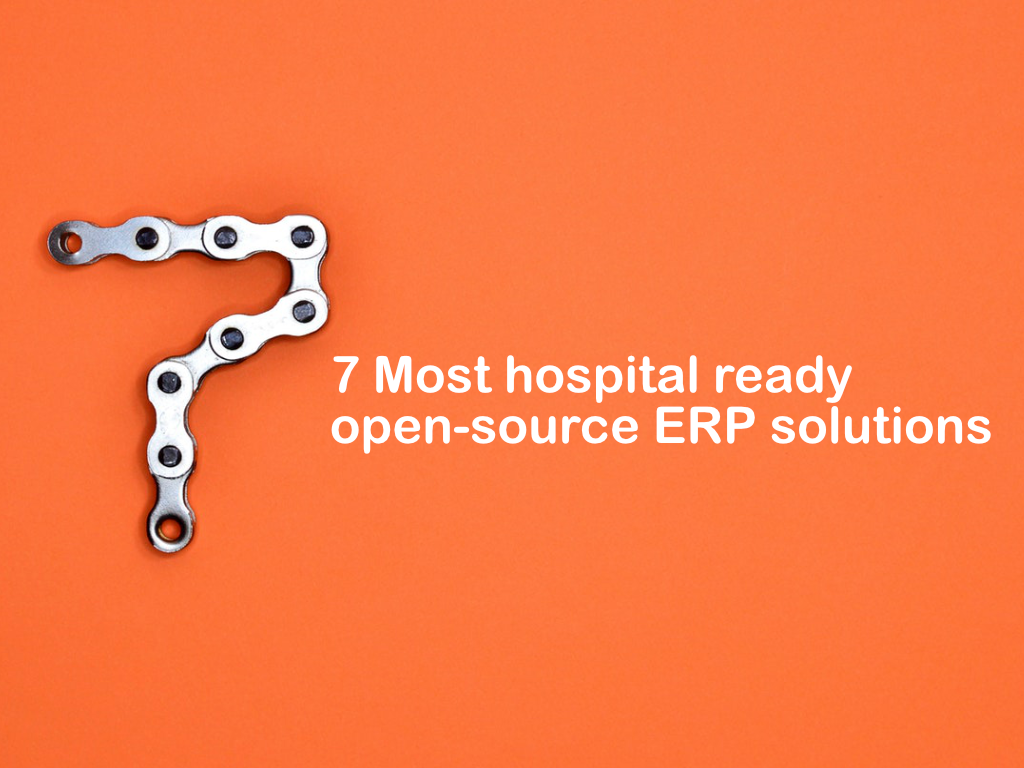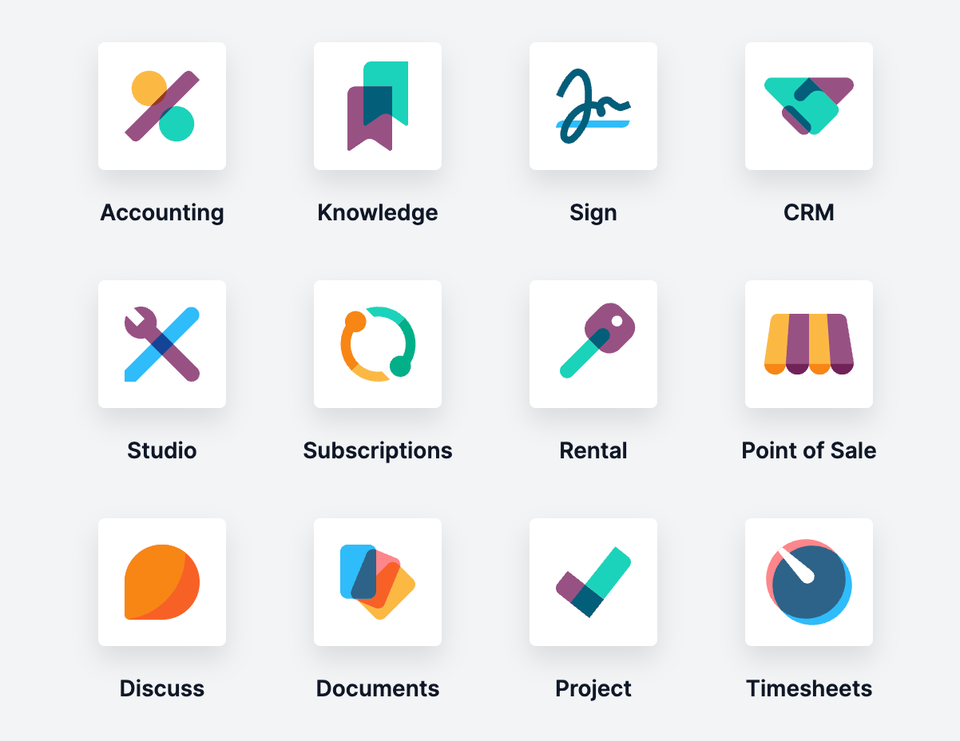ERPNext vs Odoo for Clinic Management
Table of Content
The right choice of an ERP system will have the following attributes: efficiency in operation, improved care to patients, and smoothness in processes. The present open-source ERP systems are ERPNext and Odoo.
Both have modules and functionalities specific to the needs of healthcare institutions, but both also have their strengths and weaknesses. This article will compare in detail the two on healthcare and clinic management and recommend the one that might be best suited for your needs.
ERPNext
ERPNext is an all-in-one, full-fledged open-source ERP that offers a wide range of modules intended for almost every business operation. The healthcare module in it consists of:
- Patient Management: Complete patient profiles consisting of medical history, appointments, and billing.
- Scheduling of Appointments: This allows ease in booking appointments and managing calendars.
- Clinical Procedures: recording and monitoring of clinical processes and treatments.
- Laboratory Management: Integration with laboratory equipment and effective handling of laboratory results.
- Inventory Management: Medical supplies, pharmaceuticals, and equipment are all managed.
- Billing and Insurance: Automated billing and insurance claim management.
Odoo
Odoo is an open-source ERP system, both flexible and modular, and most recognized in the market with its numerous applications available for purchase through the so-called marketplace. Healthcare solutions are part of it:
- Management of patients: Elaborate record management for patients, medical history, and tools for communication.
- Appointment Scheduling: Schedule appointments and sync them with your calendar.
- Medical Procedures: Records and monitors the treatment and clinical procedures.
- Laboratory Management: Management of laboratory tests with incorporation of results.
- Inventory Management: Detailed management of medical inventory and equipment.
- Billing and Insurance: Billing processes and financial reporting.
Comparison
1. User Interface and User-Friendly Nature
- ERPNext: This tool has a clean and clear interface. It's relatively simple to set up and use, making it a good choice for small clinics or healthcare providers with not too many IT resources.
- Odoo: Has a much newer and flexible interface, thereby being significantly more customizable; it might present a steeper learning curve compared to ERPNext but a richer user experience once mastered.
2. Customization and Flexibility
- ERPNext: While it is customizable, maybe requires a tad bit more technical expertise for molding the system to one's uses, compared to Odoo.
- Odoo: High modularity and customization so that the healthcare provider can add and remove modules based on necessity. The app marketplace contains a vast array of third-party apps for added functionality.
3. Healthcare Features
- ERPNext: Strong combination of health-care related features out of the box. Particularly, it is very strong with managing clinical processes and patients' records.
- Odoo: Comprehensive modules for healthcare, but customizations and third-party apps are often required to the point of ERPNext's implementation.
4. Community and Support
- ERPNext: There is good community support with very active forums and regular updates. A community-driven approach makes sure that its healthcare specific features are under constant improvement.
- Odoo: Bigger community and a wider range of support possibilities, including professional services. Huge documentation and community forums are quite helpful in troubleshooting and learning.
5. Cost
- ERPNext: Fully open source with no license fees, hence cost-effective for the health providers; however, costs of customization and implementation services could be substantial.
- Odoo: This vendor has a free community version along with an enterprise version, which has more features and support. License fees apply under the enterprise version, and such shall increase the total cost of ownership.
Recommendations
For Small Clinics and Healthcare Providers
With an easy user interface, full out-of-the-box healthcare features, and pocket-friendly price tag, ERPNext shines in this category. It is really suitable for organizations with a minimum amount of IT resource and simple requirements in terms of implementation.
For Larger Healthcare Institutions and Those Needing High Customization
Odoo is the choice available for use in the market. It is quite flexible, in-depth customization can be done, and the marketplace for apps is rich and suitable to be used in larger institutions where complex needs are expected. This is further expected to avail professional support with a big user community, ensuring that any issue can quickly be ironed out.
Conclusion
Both ERPNext and Odoo provide effective solutions for managing clinics and health operations. A choice between these two solutions depends very much on the context in which a healthcare provider finds themselves in regard to available resources and possible customization that might be required. This calls for careful consideration of such factors in guiding a health provider toward the implementation of an ERP system best suited to achieve operations goals and enhance patient care.













